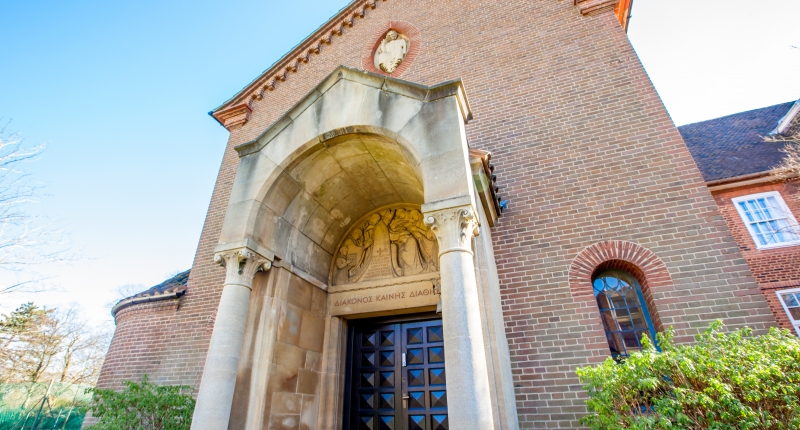Share this article with your friends
Click on the links below to share this article on social media.
Training for Ordained Ministry


The Centre for Ministerial Formation works with students sponsored for training for ordained ministry by the Church of England and the Methodist Church.
Preparing for ordained ministry is a challenging experience. It involves education (including academic study), training (including learning the practical skills needed) and ministerial formation. We believe education and training really matter, and you’ll get a thorough and rigorous grounding in both. But it’s the third element, ministerial formation, which we think is central. Formation includes education and training, but it is much more.
How do we do Ministerial Formation at Queen's?
We think this is primarily something that you allow God to do. We can make space for it to happen, but it’s God who has to do the work. We find it takes time, and prayer, and a safe space to explore what being shaped for ministry means for you. We can help – and we do so through the academic teaching as well as through worship, prayer and community life – but ultimately it needs you to be ready to be shaped and formed by God.
What different forms of training are on offer?
Queen’s offers training in two main 'modes':
- 'College-style' (Track 1) weekday training known as the Queen's Daytime Course (QDC). Students can be resident on-site; live nearby and commute each day; or live further away and commute weekly (being present at Queen’s Monday-Thursday). Most Track 1 students are full-time, but for some students there may be an option to stretch your training over an extra year and be part-time. Most Track 1 students study for 2 or 3 years.
- 'Course-style' (Track 2) is part-time training known to Anglicans as the Queen's Regional Course (QRC) and to Methodists as the Queen's Connexional Course (QCC).
What will I get at the end of my training?
Above all, our intention is that by the end of your training you are ready to make the shift from being a ‘private’ Christian to being a permanent public representative of God and the Church. Most ministerial students will also get an academic qualification. Most of our courses for ministerial formation are drawn from the Common Awards suite, validated by Durham University. Most students leave with a Diploma in Theology, Ministry and Mission, though some (for instance, with longer to study, or with prior theological qualifications) can study for a BA or MA. Some of our students, with the agreement of their sponsoring churches, are studying for research degrees, such as PhDs.
All students in the Centre for Ministerial Formation, whatever their academic programme, will be working within the formational frameworks set by their sponsoring Churches:
- For Anglican ordinands this means the formation framework used by the Church of England for priests and distinctive deacons.
- For Methodist student presbyters and student deacons this means the competencies expected by the Methodist Church at the point of stationing as probationers – see pp. 47-51 in the Handbook for Ministerial Probation.
